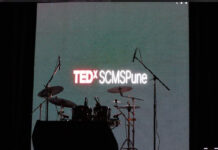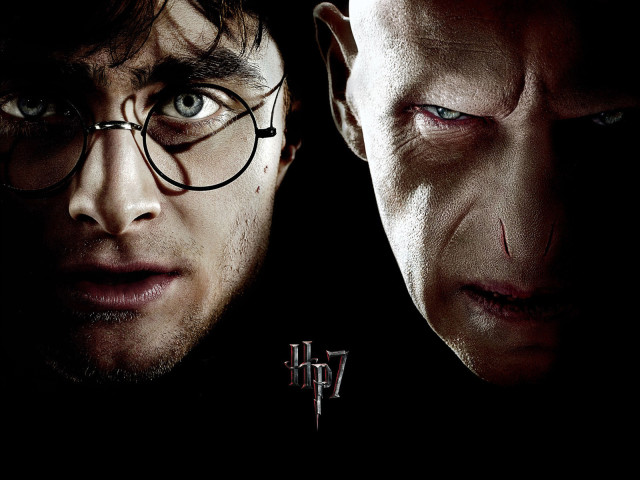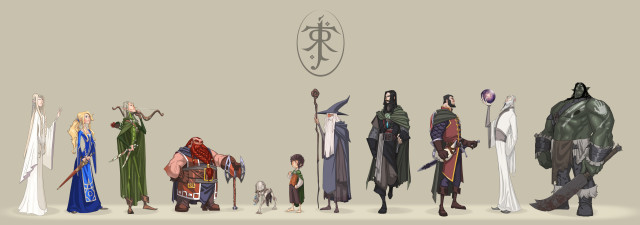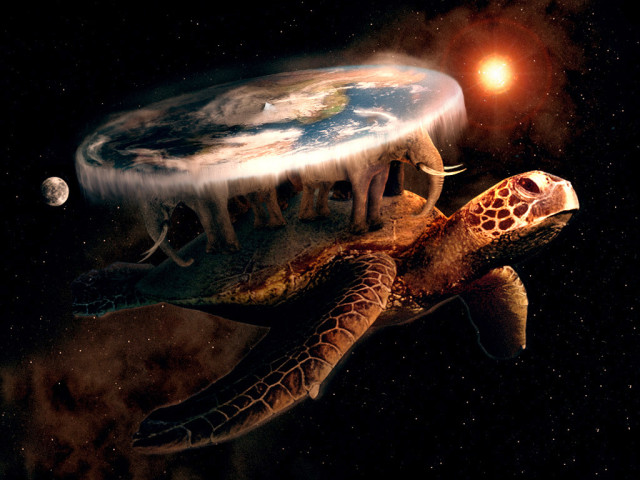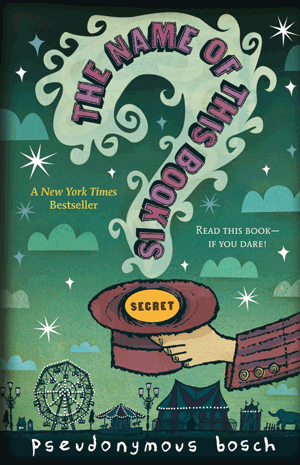By Riya Kuruvilla
Ghosts and Goblins, Fairies and Elves, Trolls and Monsters, Werewolves and Vampires – these and various other shapely (or shapeless) creatures fill the genre of fantasy, in some novels they’re friendly (a bit too much sometimes) and in other, mischievous or downright evil. Wherever they exist in whatever form, accompanied by background myths and Magic, the masses love them. Interesting to note, the protagonists in fantasy series or novels really are in a quite unfortunate but somehow ‘blessed’ or ‘chosen’ predicament. It’s very likely that it’s the last place they want to be (at one point in the story or the other), but this is to the reader’s pure delight (mixed with anxiety, but delight nevertheless). ‘What Schadenfreude!’ Freud would proclaim.
Jokes apart, it is not purely Schadenfreude that characterizes a reader’s relationship with the protagonist and other characters of the typical fantasy novel or series. The reader is sucked in along with the protagonist into a new world, where the same rules do not apply. When the protagonist experiences joy, fear, loss, pain, wonder, excitement, so does the reader in a reduced proportion. One may question that the same is likely to happen in any other non-fantasy genre of a novel. What is so special about Fantasy?
Escapism, it is the predisposition of us work worn, reality sick typical humans to seek comfort in the pages of a novel, in the chat rooms of the worldwide web, in the surfing of trolls, appealing images and in equal parts useful and useless information. Here we take on or link ourselves to completely different identities, where we can explore our own fantasies. Some may argue that science fiction does the same; in retrospection it does. However, it can be argued that science fiction comes under the broad category of fantasy.
When talking of fantasy, Harry Potter stealing the limelight is nearly inescapable. I see this as a challenge. Each potter head at first read has been holding their breath for over ten years as the Harry Potter Series was being written. It is the inspiration of over millions, something without which their childhood (and adulthood) would be incomplete. It fits the above described bill of a typical fantasy, with a plethora of colourful characters – human and otherwise, and spans dimensions of space and time. It enthrones values of bravery, loyalty, sacrifice and widely characteristic of fantasy, the triumph of good over evil. It seems to have started a revolution in terms of fantasy series – appearing and gaining fame in a period of rapid globalization. Once again, despite my most earnest efforts, Harry Potter has stolen the limelight.
The Lord of the Rings by J.R.R. Tolkien published around a decade before the first Harry Potter installation was an influence to the author of the same. It once again communicates similar values that would be put on a pedestal by Rowling in the years to come. Resisting the lure of power would be central to the Lord of the Rings trilogy.
The Chronicles of Narnia have a relatively smaller fan base; it nevertheless is a personal favourite. It is a series of seven books where another universe of creatures of myth and legend is found by children through closets, wardrobes and other such childish haunts. It was written for children, and it has shaped my own childhood- teaching me to not doubt my own value and to have faith in what I believe.
All of the above can be categorized as “classic” fantasy fiction in my mind; The Inheritance Cycle by Christopher Paolini and A Song of Ice and Fire by George R.R. Martin are other expertly woven tales under this category. Contemporary fantasy in my opinion is both flawless and timeless or a mainly commercial, fan-servicing affair. On the magnificently precious end of this continuum, is the Ink world Trilogy by Cornelia Funke, The Disc world series by Terry Pratchett, “Coraline” by Neil Gaiman, and on my sister’s insistence (blackmail, rather), The Secret series by Pseudonymous Bosch. I’d rather not name those books I feel fall in the more inferior gamut of books, out of fear that the vociferous and staunch supporters of the same would somehow track me down and blow me to smithereens. I appreciate their passion, it however seems misplaced. Don’t tell me you haven’t yet figured out the titles of the books that I’m trying, quite successfully not to mention.
Contemporary fantasy fiction tends to battle more with day to day issues in reality (such as identity crises) than classic fantasy fiction. Either way, they whisk away the real-world weary reader into alternate universes where they hold the reigns to their own life through the protagonist – which provides the reader with hope for their own. The delusion of complete control over our own life is a fantasy each and every one of us is likely to over-indulge in. Mediums of delusion are, from time immemorial, what sell best.



















